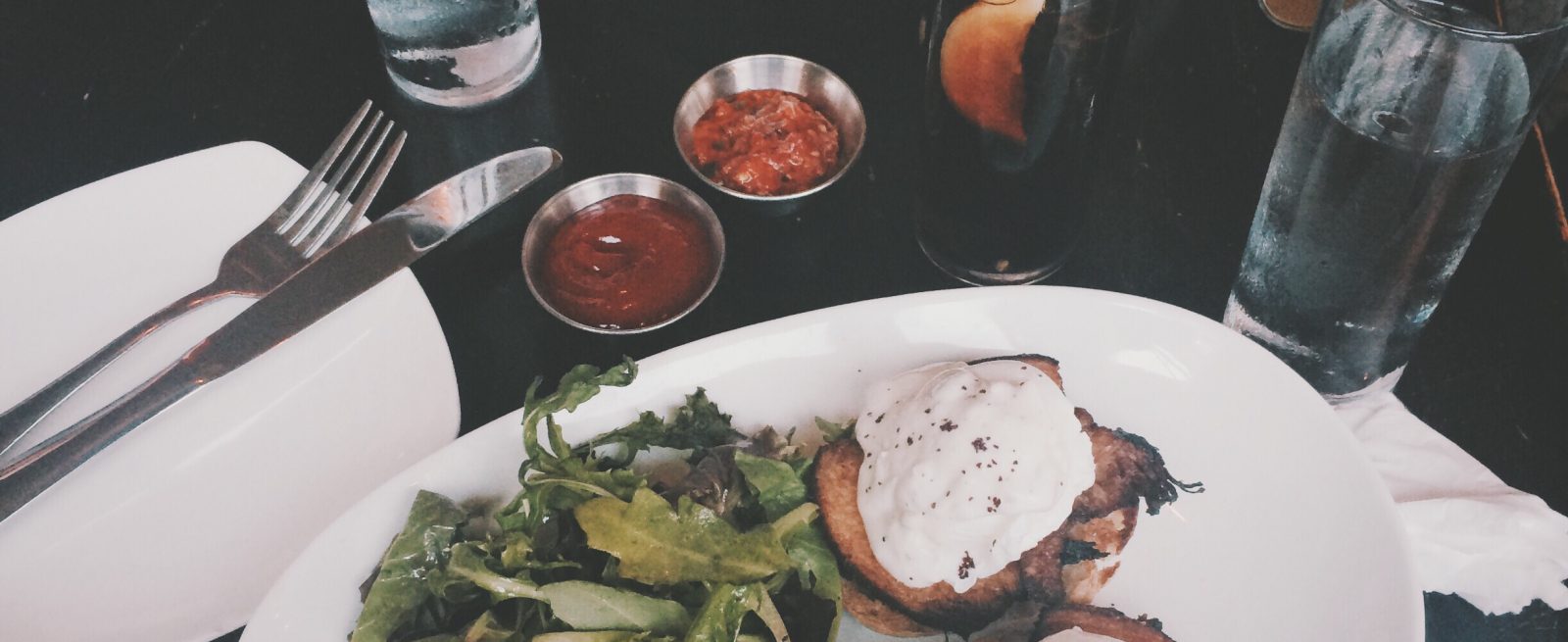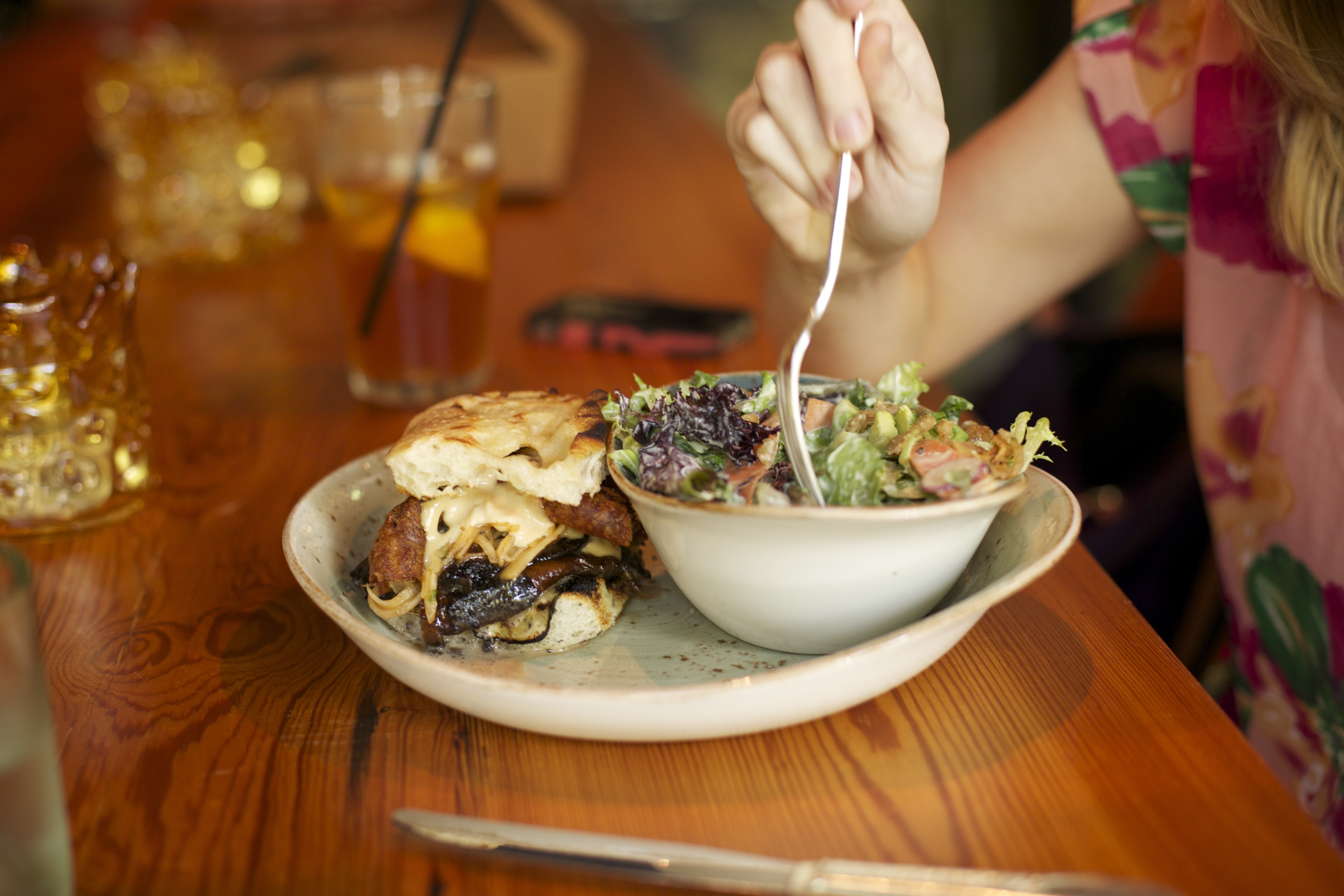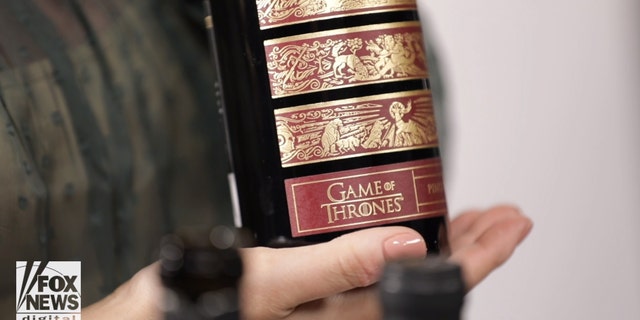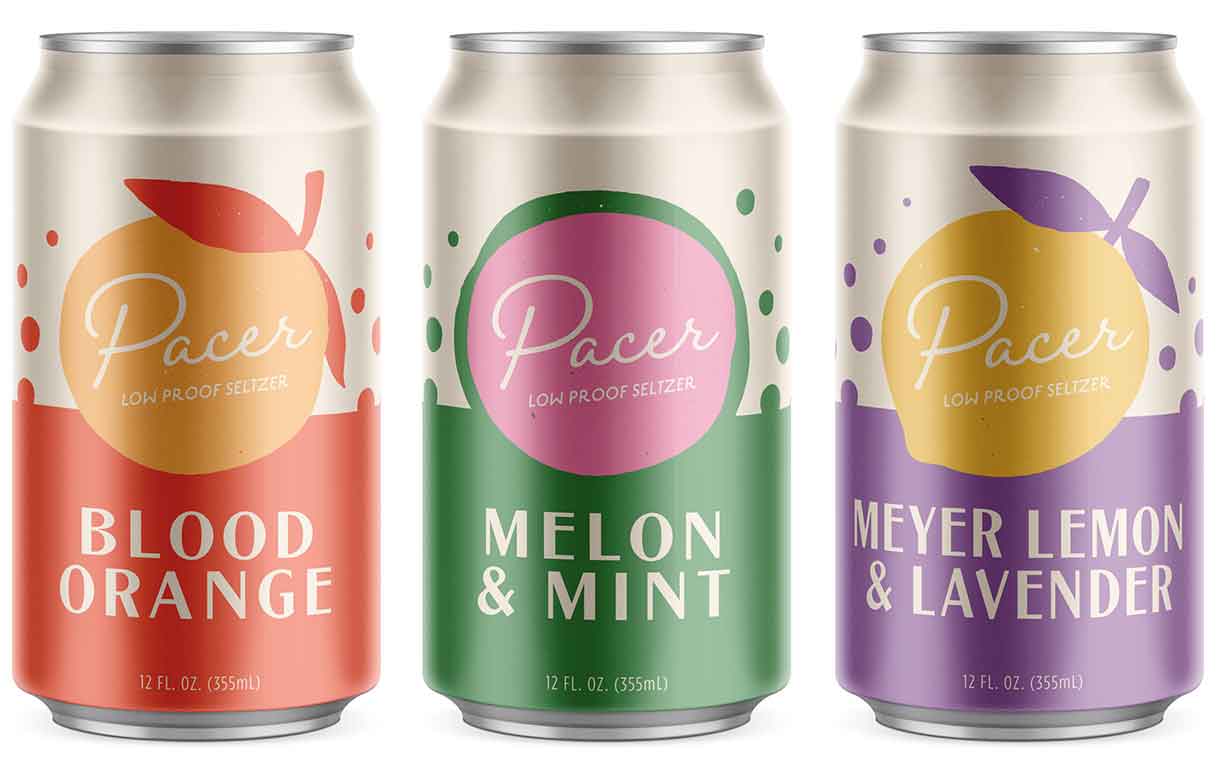
By Amy Hodgetts
According to several studies, more people are electing to stay in rather than going out. For example, where there were 60,800 pubs across the UK in the year 2000, by 2017, this number had dropped to 48,350. With super-cheap alcohol available in shops, to the younger generation preferring teetotal, pubs and restaurants are struggling to entice people to leave their homes for a night out. So, what are these businesses doing in order to stay relevant and innovative enough to encourage customers?
Value for Money
When it comes down to it, no one like to spend more. So, it’s a difficult pitch for bars and restaurants really — travel somewhere else, pay for a meal you could cook at home for less, then travel home. Pros? You get your food cooked for you, you don’t have to do the washing up, and it’s cooked by a professional.
Cons? You have to pay for travel, be it in fuel or taxi fare. You have to pay more for the food than buying the ingredients yourself. You can’t always tell what’s in the food, and for now at least, you can’t really tell how healthy the meal is. In a world that is becoming more conscious of health and wellbeing, that last point can be a real put-off for eating out.

At least restaurants have the pull of professionally-cooked food and new tastes on offer. For bars and pubs, the game is even harder; there aren’t many brands of drink on offer at a pub or bar that you can’t buy more of, cheaper, at a supermarket. Then, you can have them at home, with your friends, away from other people, doing your own thing. Why sit in a pub trying to chat with your friends over the sound of a band you don’t particularly like when you can sit at home, chat to your friends with the same drinks, more money in your pocket, and Spotify on with band you do like?
Therein lies the problem. People have so much technology at their disposal now that pubs and bars can seem a little dated. Without change and renovation, pubs in particular have felt the sharp sting of decline.Continue Reading




